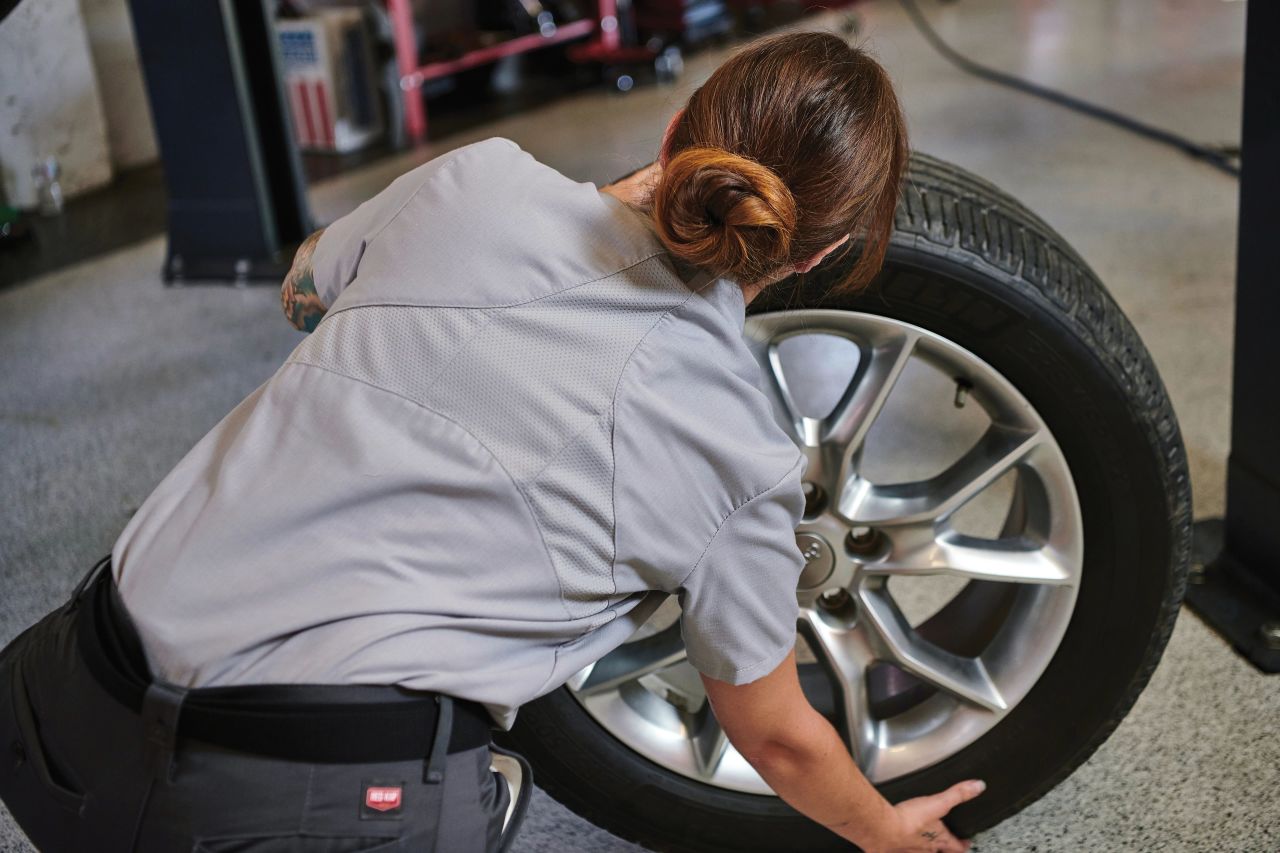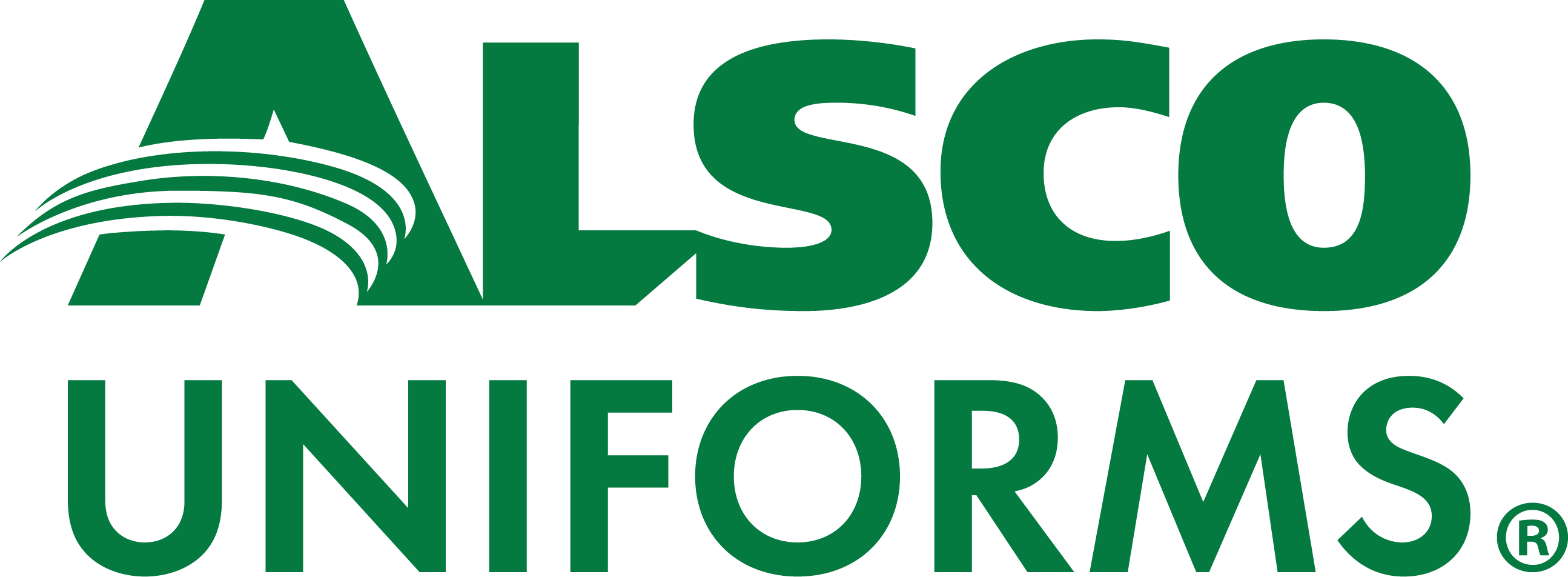
There is no shortage of uses for ripstop fabric, whether you are creating new uniforms that will last or looking for a fabric that will protect supplies in storage or stand up to the outdoors. One of the most versatile types of fabric, ripstop fabric is popular in many industries because it is so economical and can be used in a variety of ways.
Some businesses purchase ripstop fabric by the roll, keeping it on hand for a variety of needs, whereas other industries prefer to use ripstop for specific purposes, including for the creation of uniforms or for coverings for specific equipment or supplies. Is ripstop fabric the right choice for your purposes?
What Is Ripstop Fabric?
Ripstop fabric is a specially woven, reinforced fabric that is less likely to rip or tear than other types of fabric. The reinforcement of the fibers also helps small tears stay small and not grow into big rips.
During the process of making the fabric, polyester or nylon is woven throughout the weave — usually every 5 mm to 8 mm horizontally and vertically — to reinforce it. This makes it stronger and less susceptible to tearing. A telltale square pattern on the surface of ripstop fabrics denotes this reinforcement method.
There are several distinct types and styles of ripstop fabric. It is usually some combination of cotton and polyester, but every brand of ripstop fabric will offer a different ratio of cotton to polyester. Because of this, you will likely see lightweight, medium-weight and heavyweight versions of ripstop. Naturally, the heavier the weight, the stronger the fabric will be and the more capable it will be of withstanding wear and tear.
What Is Ripstop Fabric Used For?
Ripstop fabric may be used for many different purposes depending on the industry, including:
Uniforms: For employees working outside or doing rough work like cleaning and clearing spaces, car or appliance repair or fix-it jobs, uniforms made of ripstop fabric are ideal. Stronger than thick cotton and more comfortable than canvas, ripstop fabric is a perfect choice to avoid frequent replacement of expensive uniforms.
Aprons and protective gear: Heavyweight ripstop fabric may not be ideal for uniforms because it can be bulky and uncomfortable, but it can be a great choice for aprons and other protective gear worn over street clothes or other uniforms to protect against chemicals, especially when worn in combination with protective gloves and masks.
Camping gear: Tents and other fabric camping gear are often made out of ripstop fabric. Tent fabric must be soft enough to be folded up and stored, lightweight enough to be carried for long periods and strong enough to withstand the elements. The same is true for other outdoor fabrics used to cover equipment or provide protection outdoors.
Bags, tool belts and backpacks: Tools, cleaning supplies and other supplies may be better transported in something that is strong but lightweight, like ripstop fabric. Tool belts and pouches placed on the rim of buckets for easier access to tools are often made with ripstop fabric.
Sails, parachutes and other sporting gear: Ripstop fabric is strong enough for sails and parachutes but soft enough to bend to the wind. Businesses in the sailing industry or extreme sports find endless uses for ripstop fabric.
What Are the Benefits of Ripstop Fabric?
Ripstop fabric is primarily used for its durability. It’s an upgrade from cotton fabrics. For example, most uniforms are made of cotton or a cotton blend that is relatively lightweight because it is comfortable to wear and easy to clean. Making a uniform out of ripstop fabric ensures that the uniform is still comfortable but strong enough to fend off rips and tears.
Ripstop Fabric vs. Nylon and Cotton
Many people question whether it is better to choose a cotton fabric that may be a bit softer or thicker, nylon fabric that may be stronger or ripstop fabric that is usually a combination of the two fibers. In most cases, ripstop is the preferred fabric because it has the strength of nylon combined with the comfort and aesthetics of cotton, and it’s economical and easy to clean.
What Industries Benefit from the Use of Ripstop Fabric?
These industries benefit from using ripstop fabric in some form:
Automotive repair and HVAC maintenance: In these industries, it’s often necessary to get down on the ground, go from outside to inside and be exposed to oils and other chemicals. Ripstop fabric uniforms can provide a standard look for all employees as well as effective overall protection.
Transportable coverage: Industries that must provide easily movable coverage for employees, equipment and gear benefit from using ripstop fabric in roll form. This way, it can easily be cut to the size needed.
Housekeeping companies, hotels, restaurants and healthcare clinics: Companies that provide uniforms to employees who may be exposed to chemicals and supplies often use ripstop fabric. This is because it protects against germs and chemicals and prevents rips and tears that are common with frequent use.
Companies that produce tool belts, bucket belts, bags, carrying cases, outdoor or sporting equipment or backpacks: These businesses benefit from choosing ripstop fabric because it makes the products durable and able to stand up to the elements and prevents wear and tear from customers and employees.
Is Ripstop Fabric the Right Choice?
Alsco can personalize uniforms and other gear for companies in any industry, providing a range of options for production, including all types of ripstop fabric. Contact Alsco today to find out more about the different services available, what benefits those services provide for different industries and how we can help.
